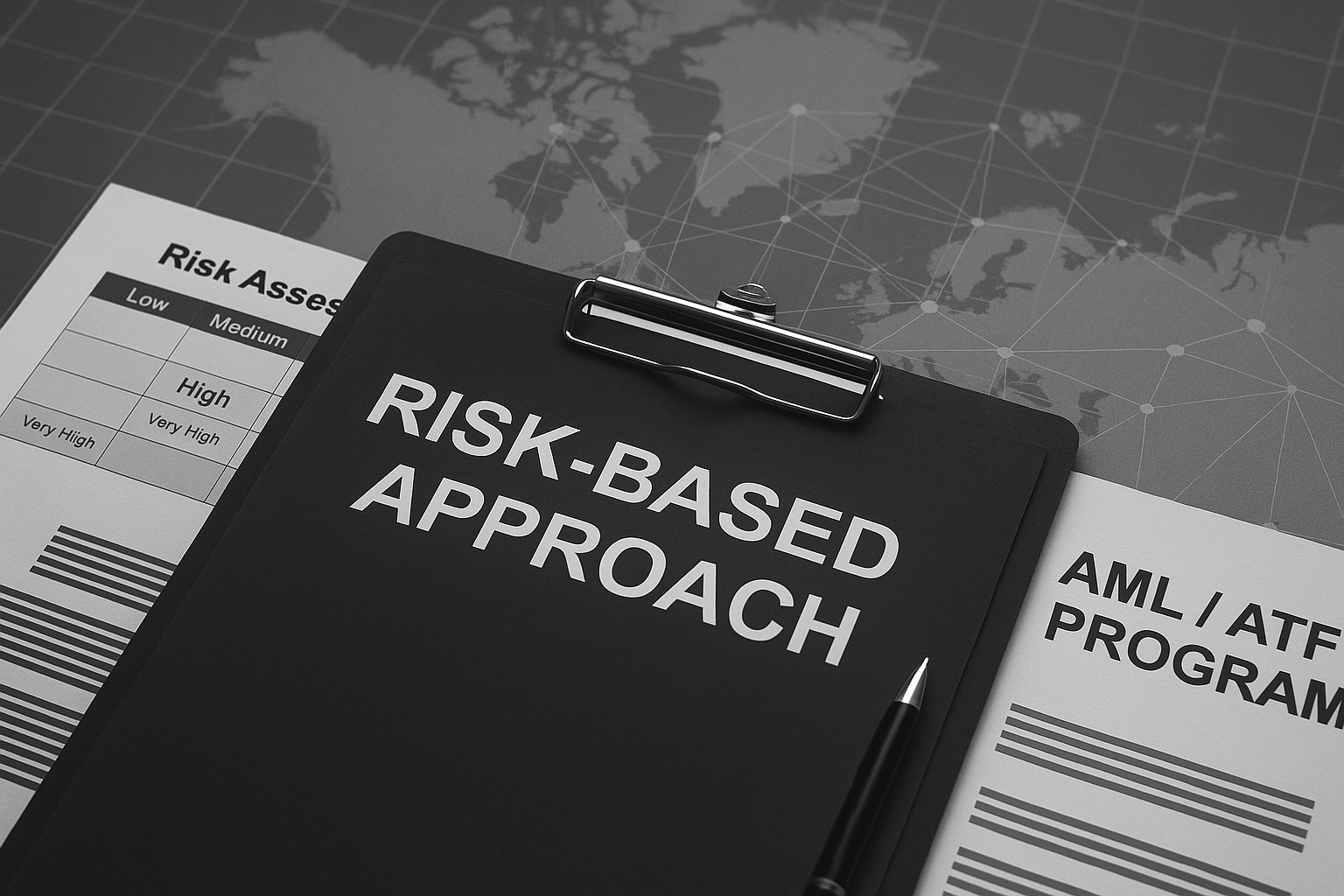Canada’s open banking journey is finally taking shape. While progress has been slow compared to global peers, new updates from Finance Canada and the Financial Consumer Agency of Canada (FCAC) indicate that implementation is back on the agenda. Businesses in the fintech and money services space—especially those dealing with API access and consumer data—need to prepare for the compliance and accreditation steps that lie ahead.

A Quick Recap: Where Canada Stands on Open Banking
In 2024, the Canadian government passed enabling legislation under the federal budget to give the FCAC authority over open banking oversight. But that was just the start. The framework for consumer-driven banking is incomplete—key elements like fintech accreditation, data-sharing rules, and consumer protections still require new legislation.
A recent statement from Finance Canada reaffirmed the government’s commitment, promising that remaining elements will be introduced “at the earliest opportunity.” Despite election year delays, the FCAC and Finance Canada are actively building the foundational infrastructure behind the scenes.
What Will the Full Framework Include?
For open banking to function securely and efficiently, the Canadian model will include:
-
Mandatory data-sharing rules that standardize how financial institutions allow consumers to share data with third parties.
-
Accreditation requirements for fintechs and MSBs that wish to access consumer data through APIs.
-
Consumer safeguards such as informed consent, dispute resolution, and liability clarity for data breaches.
-
A public registry of approved fintechs and third-party service providers maintained by the FCAC.
This isn’t just about payments. Open banking will influence personal finance apps, lending platforms, wealth tech, and even insurance and real estate technology.
Why Open Banking Matters
For Canadians, open banking provides real ownership over financial data. Consumers will be able to:
-
Share banking data with apps to find better mortgage rates, investment strategies, or budgeting tools.
-
Switch providers or consolidate accounts without uploading bank statements manually.
-
Automate financial decisions while maintaining privacy and control.
For fintechs and MSBs, this presents an enormous opportunity—but only if they meet the compliance bar.
Accreditation: What FinTechs Need to Prepare For
To access consumer data, fintechs and MSBs will need to go through an FCAC-supervised accreditation process. While official criteria haven’t been finalized, likely requirements include:
-
Strong data governance frameworks and secure API integration
-
Full compliance with Canadian AML laws, including the PCMLTFA and RPAA
-
Evidence of privacy-by-design architecture
-
Documentation of policies for breach reporting, customer support, and third-party vendor oversight
-
Insurance or financial safeguards in case of liability events
The FCAC’s upcoming public registry will list all accredited entities, providing transparency to consumers and enabling banks to restrict data access to trusted parties only.
If your company isn't preparing now, it may miss early-mover advantages when the registry opens.
Banks and Data Holders Will Need API Readiness
Accredited fintechs are only half the picture. Major financial institutions will be required to provide standardized API access so that consumers can share their data easily and securely. This means Canada's banks, credit unions, and other deposit-taking institutions must invest in developer-ready APIs, user-consent dashboards, and audit logs.
Third-party infrastructure providers may emerge to facilitate these connections—creating new partnerships and new regulatory expectations.
Timeline: What to Expect Between Now and 2026
Although exact timing depends on legislative progress and the federal election, implementation could begin as early as 2026. Current efforts by Finance Canada and the FCAC include:
-
Building the registry and compliance infrastructure
-
Drafting technical standards with stakeholders
-
Engaging industry through events and working groups
Companies should treat this as a compliance runway, not a pause.
Global Signals: Open Finance and Crypto Integration Are Accelerating
Canada’s cautious pace stands in contrast to global developments, which are pushing beyond open banking into broader open finance:
-
United Kingdom: Passed the Data (Use and Access) Act to expand data sharing to insurance, pensions, and retail sectors.
-
United States: Passed the GENIUS Act, creating AML-compliant rules for stablecoin issuers with monthly audits and full reserve backing.
-
Vietnam: Formally recognized crypto assets and blockchain startups with regulatory and tax incentives.
-
Brazil: Launched recurring payments through Pix Automático, improving financial inclusion for unbanked populations.
Canada risks falling behind unless its framework is both effective and agile.
What Should You Be Doing Now?
1. Audit Your Compliance Stack
Evaluate your current data handling, transaction monitoring, and recordkeeping systems. If your company doesn’t meet FCAC and PCMLTFA standards, now is the time to upgrade.
2. Engage with Experts
Partner with AML compliance specialists who understand Canadian requirements. AML Incubator’s Regulatory Remediation and CAMLO/MLRO Services can support readiness for accreditation, audits, and RPAA-related obligations.
3. Monitor FCAC and Finance Canada Communications
Stay informed through consultations, industry webinars, and stakeholder sessions like the Open Banking Expo and Fintechs Canada events.
4. Consider Outsourcing Compliance
As the framework matures, internal teams may struggle to stay current. AML Incubator helps fintechs and MSBs maintain up-to-date AML, KYC, and data compliance through outsourced compliance services.
Final Thoughts
Open banking in Canada is not a theory anymore—it’s a near-future operational requirement. For businesses in financial services, the time to prepare is now. From strengthening compliance programs to aligning with new accreditation frameworks, proactive steps today will determine success tomorrow.
Visit AML Incubator to learn how we help fintechs, MSBs, and startups meet Canada’s evolving regulatory requirements.
This article is based in part on updates reported in the Fintechs Canada Interchange Newsletter.
Further Reading:




